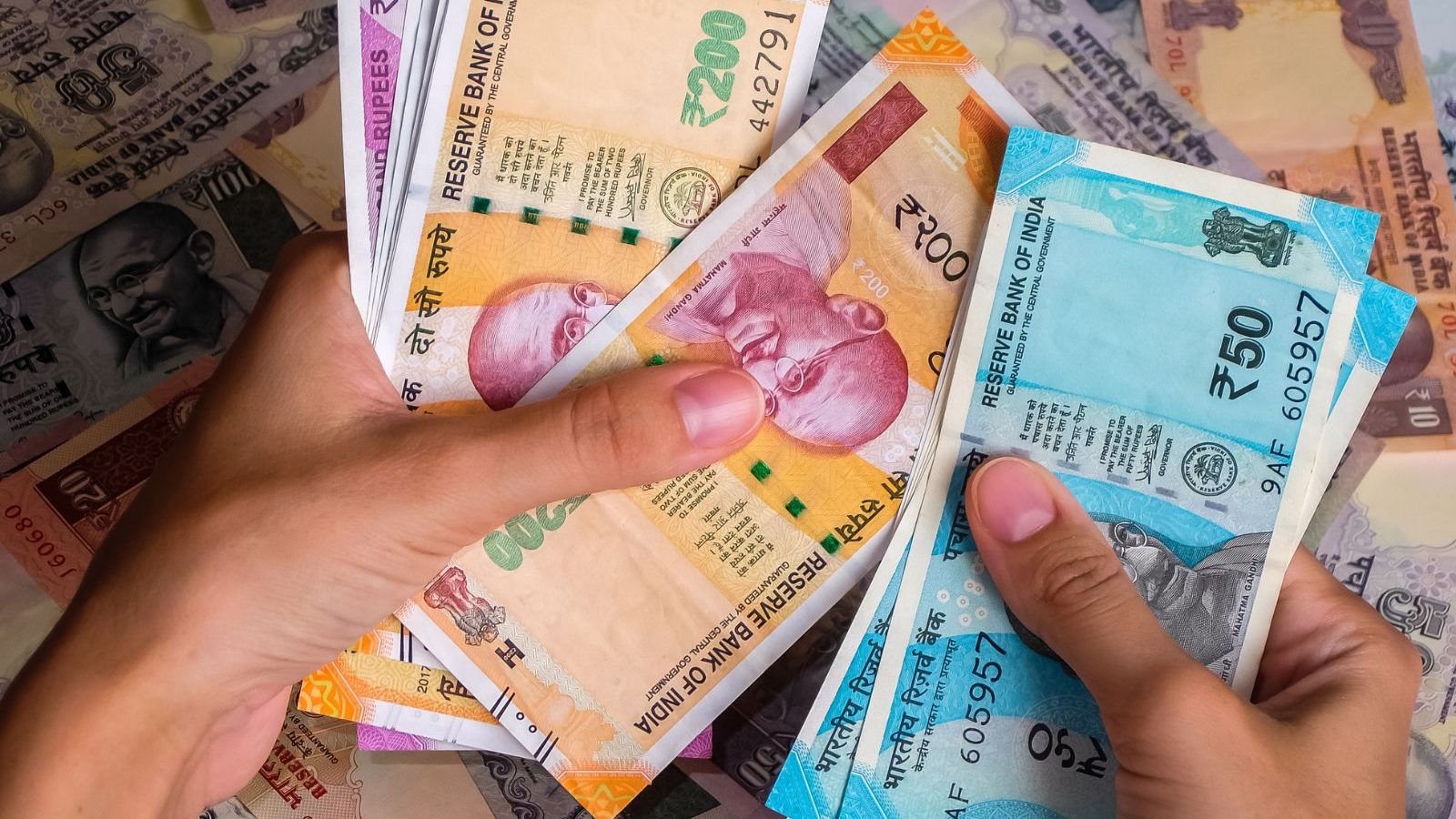Six Major Changes that Impacted our Personal Finances in 2022
Personal Finance Changes, Highlights in 2022: Like every year, the personal finance industry witnessed shifts in trends, especially as technology and its applications continue to develop. But the pandemic has put a spotlight on personal finance. It gained higher priority as people realised the importance of financial planning and protection, leading to many experimenting with digital offerings at a time when physical interactions were restricted. As with several other industries, the personal finance market too saw a boom in digitisation, with existing digital players seeing an uptick and legacy players rushing to modernise.
Here’s a look at some of the top personal finance moments from 2022 that you should know before entering 2023.
Card-on-File Tokenization
As the use of digital payments has increased, the Reserve Bank of India (RBI) in 2019 allowed card networks to tokenize card transactions in order to continue improving the security and safety of card transactions. The Reserve Bank of India had set October 1, deadline for implementation for tokenisation of card based payments.
Kush Vatsaraj, Vatsaraj & Co., said: “With a view to improve and enhance privacy and security of online transactions, the RBI instituted the policy of card tokenization. Complementing the e-mandate policy of 2021 for auto-debit transactions, the tokenization policy prevents online merchants from being able to save crucial customer credit and debit card details such as three-digit CVV and expiry date. Now, the actual card details will have to be encrypted in the form of a code, called a token, that will be unique for each transaction. This way, the card information is not shared with third parties and instead the token is shared, which prevents leakage and identification.”
Allowing NRIs to Use of Bharat Bill Payment System (BBPS)
The RBI has allowed inward foreign remittances from NRIs under the BPPS, allowing NRIs to directly pay various utility and other bills, education fees, etc. for themselves or their relatives/family members in India. The platform has over 20,000 billers onboarded on the system and more than eight crore transactions are processed on a monthly basis. This will greatly help senior citizens and other persons who are financially dependent on NRI relatives, allow NRI to undertake their utility payments directly instead of having to depend on local relatives or friends, and overall lead to increased Forex inflows for the country.
Interest Rate Rise
While this is more of a reaction to micro and macroeconomic factors rather than a government policy step, the interest rates saw a drastic rise in 2022. The Repo Rate which was 4 per cent from May 2020, now stands at 6.25 per cent post the most recent hike on December 7.
Vatsaraj, explained that this has had wider implications on the economy and also for individuals with home loans and other borrowings, and corporates who are trying to raise long-term and short-term finance.
Central Bank Digital Currency
The Reserve Bank of India (RBI) on December 1, 2022, launched the Central Bank Digital Currency (CBDC) — digital rupee or e-rupee (e₹) — for the common man. The digital rupee is a central bank digital currency issued by the RBI. It is similar to the physical cash that you hold in your wallet except that the e-rupee is held electronically in a digital wallet overseen by the RBI. The digital rupee is recognised as legal tender by the RBI, and thus has to be accepted by everyone in the country as a medium of exchange.
Taxation of Virtual Digital Assets
A big question mark was finally addressed with the announcement of a flat 30 per cent income tax on cryptocurrency, NFTs, and other virtual digital assets. Vatsaraj, said: “The government defined the term to have a broad scope and stringent computation rules, not allowing crypto-related losses as set-offs or adjustments against gains. The TDS-related requirements along with the tax dampened some of the fervour and hype surrounding crypto but brought much-needed certainty and clarity.”
Change in Overseas Direct Investment Regime
The RBI introduced a revised ODI regime with many relaxations and rule changes, addressing many issues such as defining portfolio investments, rules relating to start-ups, liberalisation of rules around round-tripping and investment overseas in the financial services sector, clarifying rules relating to share swaps, and regarding ESOPs.
This will improve the entire environment for investment by Indian HNIs and corporates and open up otherwise inaccessible opportunities for overseas investments.
Read all the Latest Business News here
For all the latest business News Click Here


